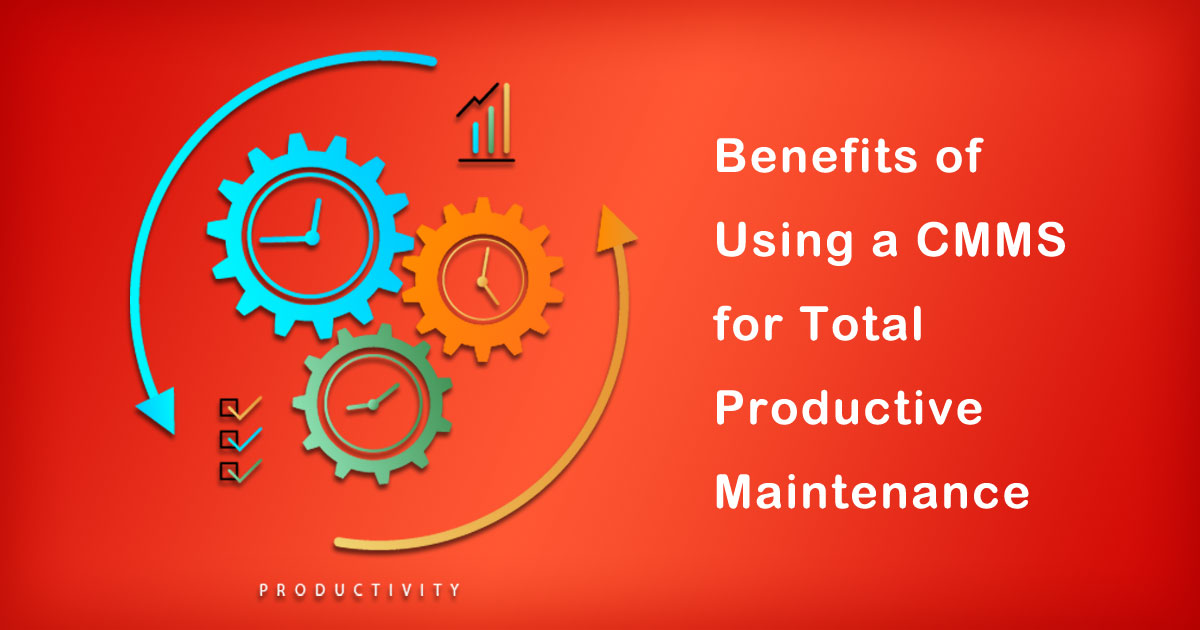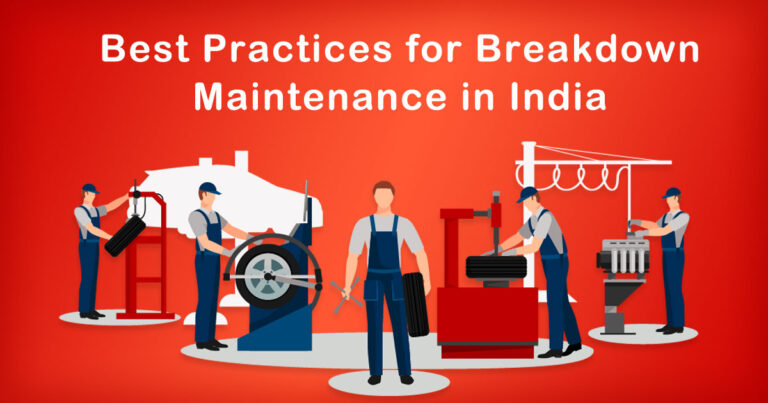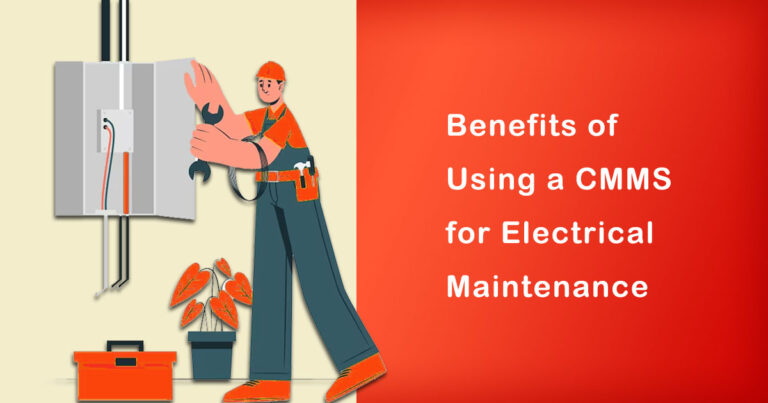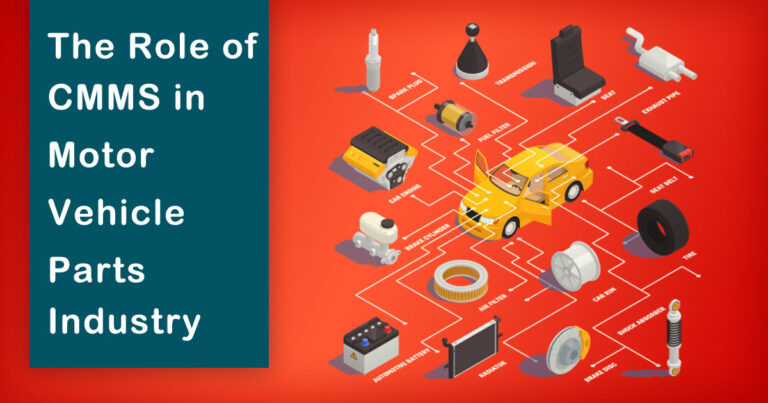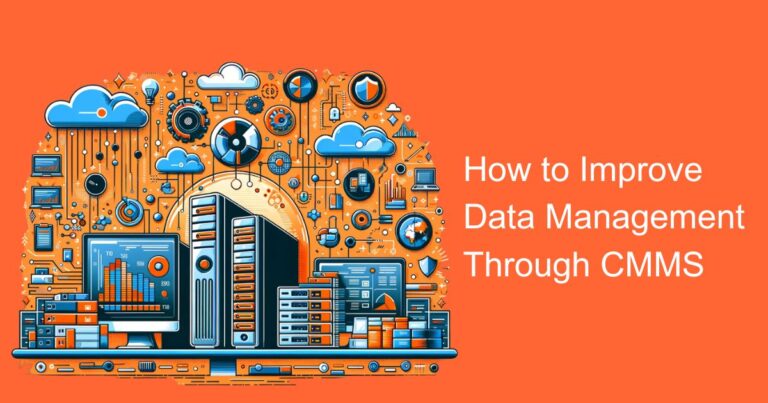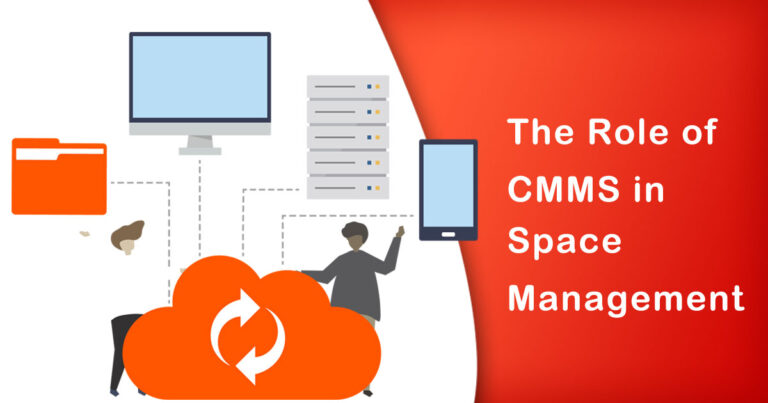Introduction
In today’s competitive business landscape, maximizing productivity and minimizing downtime are critical factors for success. For manufacturing industries in India, Total Productive Maintenance (TPM) has emerged as a powerful strategy to achieve these goals. By integrating Computerized Maintenance Management Systems (CMMS) into TPM practices, businesses can experience significant improvements in their maintenance operations. In this article, we will explore the benefits of using a CMMS for Total Productive Maintenance, specifically in the Indian context.
Streamlining Maintenance Processes
One of the primary advantages of implementing a CMMS in TPM is the ability to streamline maintenance processes. Traditional manual methods for tracking maintenance tasks and scheduling can be time-consuming and prone to errors. With a CMMS, organizations can automate maintenance workflows, enabling efficient tracking and management of work orders, preventive maintenance schedules, and equipment histories. By reducing paperwork and manual data entry, CMMS software ensures that maintenance tasks are executed promptly and with accuracy.
Enhanced Equipment Reliability
In India, where equipment reliability is crucial for sustaining production efficiency, a CMMS can play a significant role. CMMS solutions enable businesses to establish a comprehensive equipment maintenance strategy, incorporating preventive and predictive maintenance practices. By recording and analyzing data on equipment performance, maintenance history, and failures, CMMS software helps identify recurring issues and potential bottlenecks. By addressing these concerns proactively, organizations can improve equipment reliability, minimize breakdowns, and reduce costly downtime.
Efficient Inventory Management
Effective inventory management is critical for maintenance operations, as it ensures the availability of spare parts and reduces the risk of prolonged equipment downtime. A CMMS can facilitate efficient inventory management by providing real-time visibility into stock levels, tracking usage, and generating automated alerts for reordering. This feature becomes especially valuable in the Indian context, where supply chain challenges and limited access to spare parts can pose significant obstacles. By optimizing inventory levels, businesses can minimize inventory carrying costs and ensure timely repairs and replacements.
Compliance and Documentation
Adhering to regulatory compliance standards is a top priority for businesses in India. CMMS software simplifies compliance and documentation by providing a centralized platform for maintaining records of inspections, audits, and maintenance activities. With CMMS solutions, organizations can generate comprehensive reports, track compliance-related metrics, and easily retrieve necessary documentation during audits. This capability not only ensures regulatory compliance but also facilitates a culture of accountability and transparency within the organization.
Data-Driven Decision Making
Leveraging data to make informed decisions is crucial for operational success. CMMS software captures and analyzes a wealth of data related to maintenance activities, equipment performance, and costs. By harnessing this information, organizations can identify trends, detect patterns of failure, and optimize maintenance strategies. In the Indian context, where cost efficiency is paramount, using a CMMS can enable businesses to make data-driven decisions that maximize productivity while minimizing expenses.
Conclusion
Integrating a CMMS into Total Productive Maintenance practices brings numerous benefits for manufacturing industries in India. From streamlining maintenance processes and enhancing equipment reliability to efficient inventory management, compliance, and data-driven decision making, a CMMS can significantly improve operational efficiency and reduce downtime. Embracing CMMS software empowers organizations to proactively manage maintenance tasks, optimize resources, and ultimately, achieve higher levels of productivity and competitiveness. With the rise of advanced technology and increasing adoption of Industry 4.0 concepts, the role of CMMS in Total Productive Maintenance will continue to grow, reshaping the landscape of Indian manufacturing for the better.


